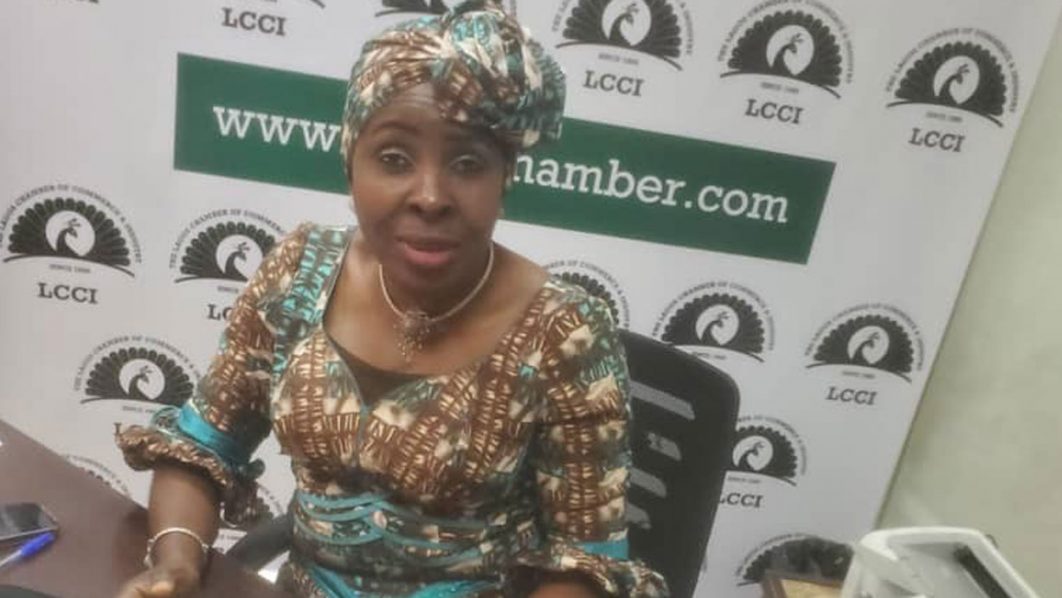
The key parameters and assumptions of the 2025-27 Medium-Term Expenditure Framework (MTEF) are overly optimistic considering the prevailing economic and social indicators, the Director-General of Lagos Chamber of Commerce and Industry (LCCI), Dr Chinyere Almona, has said.
The 2025-27 MTEF proposes a N47.9 trillion budget for 2025, an increase of 36.64 per cent compared to N35.06 trillion in 2024. Almona noted that the budget aggregates, the highest in the country’s history in naira terms, are inherently sensitive to current macroeconomic conditions, as they directly impact revenue generation, expenditure and overall fiscal performance.
Listing some of the optimistic parameters, she said the assumption of an exchange rate at N1,400/$1 is too conservative to work with against the current average of above N1650/$1 in both the official and parallel markets.
Her words: “Assuming an inflation rate at 15.8 per cent does not reflect the unabating factors pushing up both headline and food inflation; with inflation rising to 33.88 per cent as of October 2024, it is unrealistic to assume a steep 51 per cent crash within a year. Since the current challenging economic conditions are mostly fueled by inflation and exchange rates, we advise the government to reconsider the overambitious assumptions for the 2025 budget.”
Expressing worry over the fate of businesses, Almona said the creation of an enabling environment for the private sector to thrive and the clarity of policy direction in the economy are most critical to achieving the projected growth rate of the country’s gross domestic product (GDP) in 2025.
She explained: “Further breakdown indicates that debt services are proposed to increase by 91.2 per cent to N15.38 trillion, equivalent to 32.1 per cent of the total budget. This appears to be unsustainable. The situation is further worsened with the projected deficit of N13.08 trillion and new borrowings of N9.22 trillion. With federal government debt already at about N134 trillion as of June 2024, inflation reaching a new high of 33.88 per cent, and businesses burdened with a high Monetary Policy Rate at 27.25 per cent, the Federal Government has a narrow bridge to navigate choices of policy options.”
Urging the apex bank to sustain its Ways and Means advances to the Federal Government at a five per cent limit for 2024 and 2025, she said the Federal Government should maintain fiscal discipline by complying with the Fiscal Responsibility Act in budget management and borrowing.
“Non-oil revenues, such as taxes, customs duties, and surpluses from government agencies, are all subject to volatility. Current economic downturns, a tense business environment, ongoing debates on tax policies, and shifts in consumer behaviour all impact non-oil revenue performance. In the face of current realities, we urge the government at all levels to be more proactive concerning nature-induced casualties and damages caused by human activities.
“In recent months, we have recorded massive destruction of lives and properties due to climate-related factors and expect the legislative arms at all levels of government to appropriate more funds to tackle climate change adaptation and mitigation nationwide,” she said.
The DG urged the government to focus on sectors that have shown resilience, and relevance, and are key drivers of current economic indicators like inflation, exchange rate, unemployment, and interest rates.
She recommended more investments in food production, power supply, fighting insecurity, and a stable policy and regulatory environment.
“Other very critical areas needing coordinated and harmonised monetary and fiscal policies are power supply, energy costs, supply chain disruptions due to insecurity, reducing youth unemployment through skills acquisition, and a concerted effort towards empowering small businesses,” she stated.






